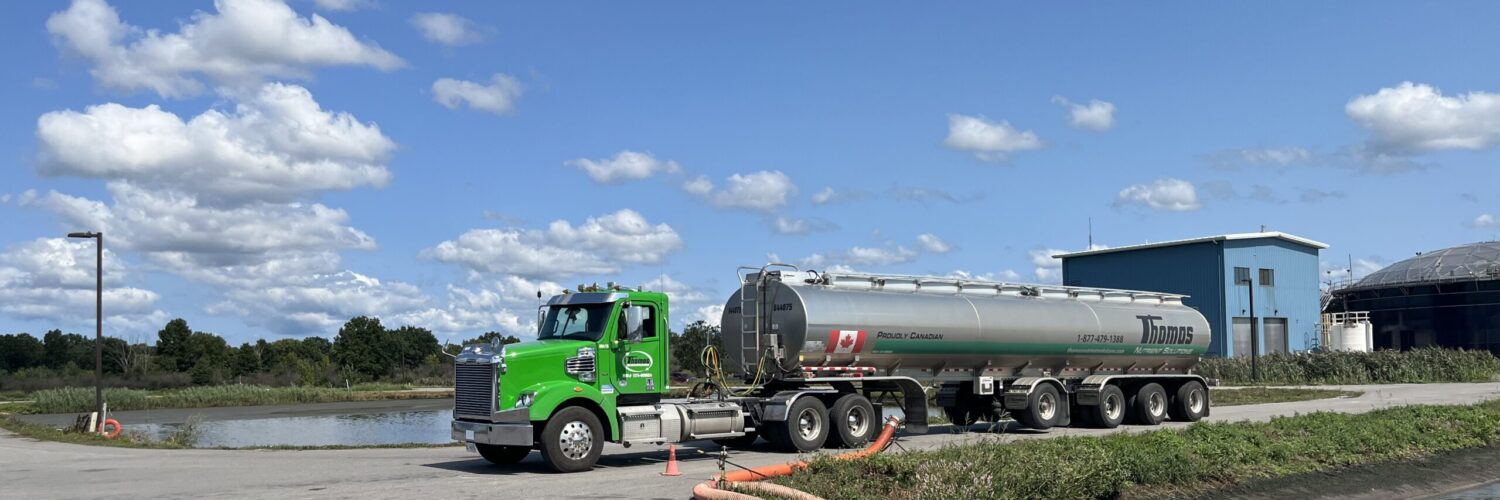The medical industry has come a long way in curing diseases that a century ago would have been a death sentence. Pharmaceutical research has resulted in breakthroughs such as antibiotics, vaccines and other life enhancing drugs not only for humans but also for animals. But because of the increasing use of medicines and limitations in the current wastewater treatment technologies, people have started wondering, are biosolids safe to be used on agricultural lands as fertilizer?
Biosolids, as a byproduct of the wastewater treatment process, are nutrient rich organic materials that are often recycled and used as organic fertilizers on farms and agricultural lands. However, people are now asking whether biosolids are safe to be used on fruits and vegetables, and if they pose a threat to the safety of our food system.
Various studies have shown that biosolids enhance crop production by providing two main nutrients that are essential to plant growth, namely nitrogen (N) and phosphorus (P). Other necessary nutrients that may be present include sulfur, magnesium, calcium, iron, chlorine, boron, copper, manganese, molybdenum and zinc. Thus they are an ideal alternative to chemical fertilizers.
Wastewater treatment plants (WWTPs) employ several methods to process sewage sludge. Usually there are three levels of filtration. The primary level involves the physical separation solids from the liquid effluent. Secondary treatment makes use of biologic processes, while Tertiary treatment utilizes chemical or ultraviolet procedures. Common sewage sludge treatment methods include dewatering, Mesophilic Anaerobic Digestion (MAD), Thermophilic Aerobic Digestion (TAD), alkaline stabilization, thermal drying, and composting.
These wastewater treatment methods mitigate the risks of pharmaceutical contamination. Studies have shown that most dangerous chemicals that may be present in sewage sludge such as antibiotics, anti-inflammatory medications, lipid regulating, anti-epileptic, and anti-depressants are degraded during the treatment process. If residues remain, their concentrations are too low to cause any adverse effects to the cause any hazard to human populations or the environment.
To ensure that the biosolids are safe to use on agriculture the Canadian Food Inspection Agency (CFIA) oversees the sale and use of biosolids as fertilizer at the federal level. Most provincial governments operate and control the wastewater and composting facilities within their jurisdiction and are bound by the federal Fertilizers Act and Regulations. These include guidelines on the content and percentages of metals, pathogens and pathogen indicators and organic chemical contaminants and odour before biosolids can used for crop production.
Wastewater in Canada yields about 660,000 metric tons of dried biosolids annually, with half of that applied spread on agricultural lands. In Halton, for example, the region has been using biosolids as organic fertilizers for almost 30 years. At present, the municipality’s 7 wastewater treatment plants produce about 11,000 metric tonnes of biosolids a year.
The Ontario Ministry of Agriculture, Food, and Rural Affairs (OMAFRA) has develop sewage disposal by-laws and created policies to ensure the responsible use and disposal of medicines. It assures the public that they do not have to wonder are biosolids safe as fertilizer since they do not pose any risk of food contamination or damage to the environment. The Ministry continues to evaluate new advances in wastewater treatment and works with federal government and universities to further improve the process.
The Water Environment Association of Ontario, an association comprised of water industry experts and government representatives, also maintains that treated sewage sludge poses no threat to wellbeing of Canadians.
But despite these assurances, the use of biosolids as fertilizer is still a contentious issue. That is why the government tries to maintain an open dialogue with people concerned about the potentially harmful effects of pharmaceutical residues that could enter the food chain. They recognize that it is important to include the community in the development of wastewater treatment policies and the use of biosolids as fertilizers.
If you are a municipality in Ontario and in need of a biosolids management solution, please feel free to contact us on 1 (877) 479-1388.
Sources:
http://www.omafra.gov.on.ca/english/
https://www.weao.org/
http://www.biosolids.com
https://www.niagararegion.ca
https://www.regionofwaterloo.ca/

